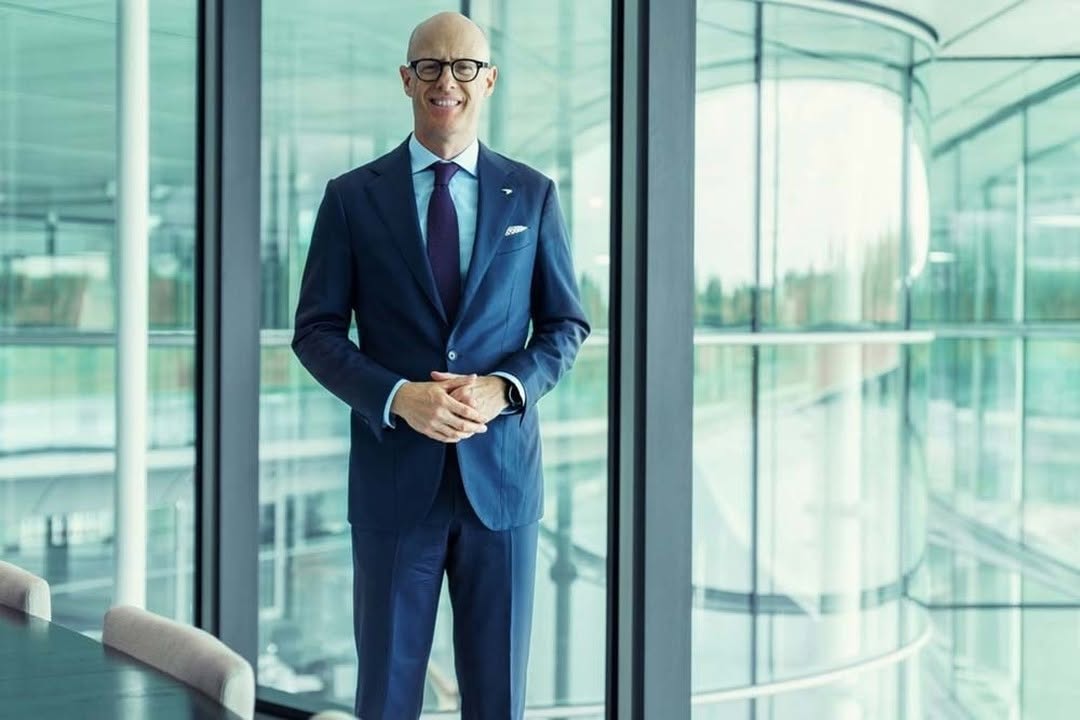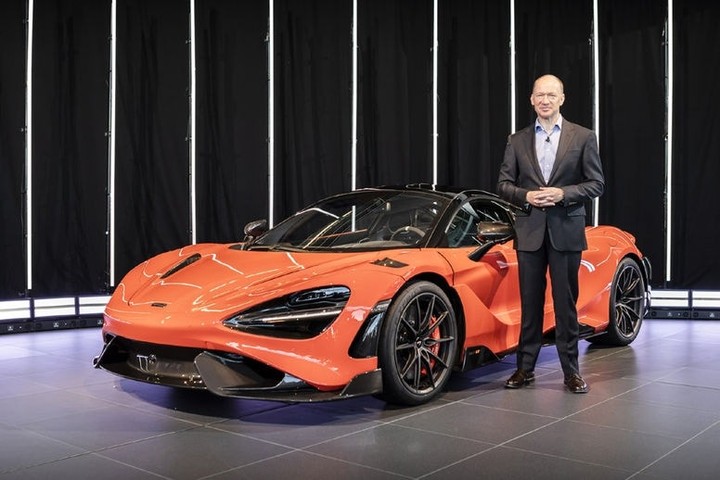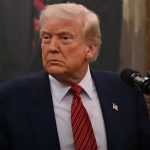New Era at Porsche: Michael Leiters Takes the Wheel Amid High-Stakes Turnaround
From Iconic Cars to Boardroom Comeback
When Michael Leiters officially takes the helm at Porsche AG on 1 January 2026, it will mark a dramatic new chapter for the German sports-car maker. The company’s Supervisory Board announced on 17 October 2025 that Leiters, former boss of McLaren Automotive and ex-CTO of Ferrari S.p.A., will succeed Oliver Blume as CEO. This is not simply a change of guard— it reflects a strategic pivot amid mounting financial, regional and technological pressure that has seen Porsche’s margins collapse and its share price more than halve.
Meet the Man: Engineer → Manager → Turnaround Leader
Leiters is no stranger to Porsche’s paddocks or boardrooms. A German-trained mechanical engineer (PhD, RWTH Aachen), he spent 13 years at Porsche between 2000 and 2013 working on the Cayenne hybrid and Macan/Cayenne product lines. After leaving for Ferrari (2014–2019), where he helped deliver the SF90 Stradale and 296 GTB plug-in hybrids, he joined McLaren as CEO in July 2022 and navigated a merger with EV startup Forseven before stepping away earlier this year.
His pedigree is clear: technical chops, luxury-performance brand familiarity, and leadership experience. Former Aston Martin CEO Andy Palmer, who knows Leiters, called the Porsche role “a bit of a poisoned chalice… but I think Michael has the experience.”
Michael Leiters
The Financial Emergency He Inherits
Porsche’s financial scoreboard is flashing warning signs. The company’s operating margin has tumbled from double-digits to around 2–3 % in 2025. The share price has plunged by more than half since its 2022 IPO. Analysts estimate that returning to healthy profitability could take three to five years.
Key financial issues at a glance:
-
Sales slump in China: Deliveries in the first nine months of 2025 dropped by 26 % in China, Porsche’s most important luxury market.
-
US tariff exposure: Import duties have cut into pricing power and margins.
-
Costly EV pivot: The company pulled back on its full-battery EV strategy, incurring billions in writedowns. Reuters+1
According to analysis reviewed by CEO Today, Leiters’ mandate will be less about flashy new models and more about restoring financial discipline, rebuilding the cost base and recalibrating the product strategy.
A Governance Reset: Legal and Strategy Implications
The leadership change is also a governance and regulatory moment for Porsche. Blume held a dual role, CEO of both Porsche and parent Volkswagen Group which investors say diluted focus. By separating the roles, Porsche signals a commitment to clearer accountability and sharper strategic focus.
From a regulatory perspective:
-
As a publicly listed company, Porsche must answer to shareholders, regulators and markets with increased transparency.
-
The restructure includes cutting roughly 1,900 employees by 2029 and further cost-saving programmes that will involve labour laws, union negotiations and German employment-protection regulations.
-
Shifting toward hybrids and delaying full EV rollout raises emissions-compliance and subsidy-risk decisions which must be managed carefully.
The Big Five Challenges: What’s Ahead for Leiters
1. Revive Margins and Restore Profitability
Leiters must arrest margin erosion fast. With margins near 2-3 % and massive restructuring underway, the clock is ticking to deliver improved financials that investors can believe in.
2. Reignite Demand in China & Beyond
With Chinese buyers shunning Porsche’s electric models in favour of local brands and SUVs, getting demand back — especially in Asia and North America, is mission-critical.
3. Product Strategy Shuffle: ICE, Hybrid or EV?
Porsche’s technology strategy is at a crossroads. After pulling back from aggressive EV expansion, the company needs to clarify how many combustion/hybrid models will remain, when EVs will scale, and how it maintains its performance heritage.
4. Cost Base Overhaul & Workforce Restructure
With thousands of jobs on the line and major cost programmes in motion, Leiters must balance productivity gains against brand innovation and morale. “Whether Porsche allows him freedom, it remains to be seen,” said Palmer. Reuters
5. Brand Relevance & Growth in New Segments
Porsche must prove it isn’t a legacy brand stranded by change. Growth in SUV and hybrid niches, maintaining brand cachet, and adapting to mobility shifts are all on the line.

Why This Matters to You — The Car Buyer and Brand-Watcher
If you’ve ever dreamed of owning a Porsche, it’s worth noting that the car coming out of Zuffenhausen may look familiar but the story behind it is changing fast. A turnaround CEO means the next 12–24 months may bring sharper pricing, revamped models, and clearer messaging about what Porsche stands for in tomorrow’s market.
For consumers:
-
Expect fewer long-lead electric models and more hybrids or even new petrol models, as Porsche refocuses.
-
Watch for potential deals or model refreshes as Porsche upgrades its lineup to stimulate demand.
-
Brand values, performance, luxury, engineering may be emphasised even more strongly as profit-restoration becomes defining.
The Stakes for Michael Leiters — and Porsche
Leiters has walked into a high-stakes puzzle: a legacy brand, drooping metrics, technology inflection and global rivalry. He brings the right background, but this is not about his résumé it's about delivery. The company, its investors and the car-buying public will be watching every quarter, every model launch, and every statement.
Whether he will emerge as the leader who revived Porsche’s swagger — or become another executive lost in restructuring limbo — remains to be seen. Veteran investor Hendrik Schmidt of DWS put it plainly: “Porsche must now deliver on the e-mobility front, and the sales situation in China must also improve.” Financial Times
For readers of CEO Today: this is more than automotive news. It’s a human drama of leadership under fire — one where performance means more than horsepower. The man in charge now must remember that in today’s market, turnaround is the new luxury.
What Everyone’s Asking About Porsche’s New CEO
1. Who is Michael Leiters?
Michael Leiters is a German automotive executive with a PhD in engineering. He has held senior roles at Ferrari, McLaren, and Porsche, known for his expertise in performance technology and electrification. In October 2025, Porsche named him its next CEO, effective January 1, 2026.
2. Why did Porsche choose Michael Leiters as CEO?
Porsche’s Supervisory Board selected Leiters for his strong track record in balancing innovation with profitability. His experience leading Ferrari’s hybrid transition and McLaren’s restructuring makes him well-positioned to navigate Porsche’s declining margins and electric-vehicle challenges.
3. What challenges will Leiters face at Porsche?
Leiters inherits a brand facing slowing sales in China, profit erosion, and fierce competition in the luxury EV market. His immediate focus will likely include reviving Porsche’s financial performance, stabilizing investor confidence, and redefining its EV strategy without losing the brand’s iconic appeal.
4. How might Leiters’ leadership impact Porsche’s future?
Analysts expect Leiters to emphasize precision engineering and disciplined cost control while accelerating electrification. His approach could reshape Porsche’s product strategy and help restore investor optimism. According to analysis reviewed by CEO Today, his success will hinge on balancing innovation with brand heritage and shareholder value.














